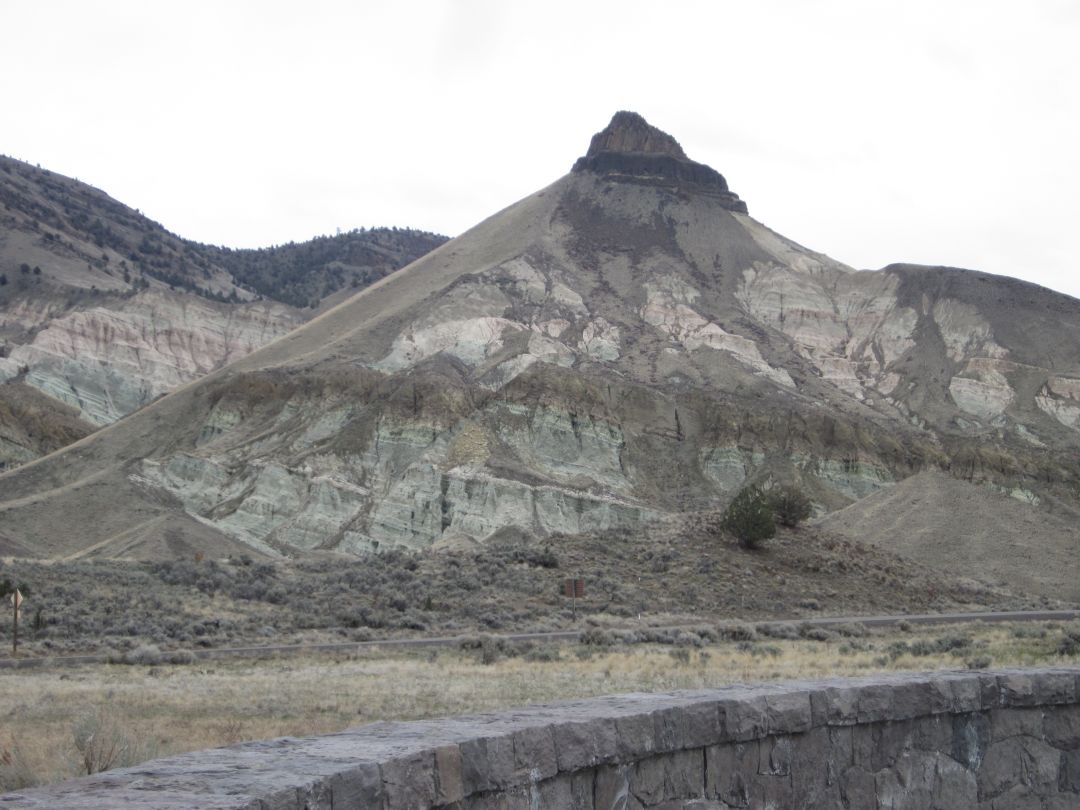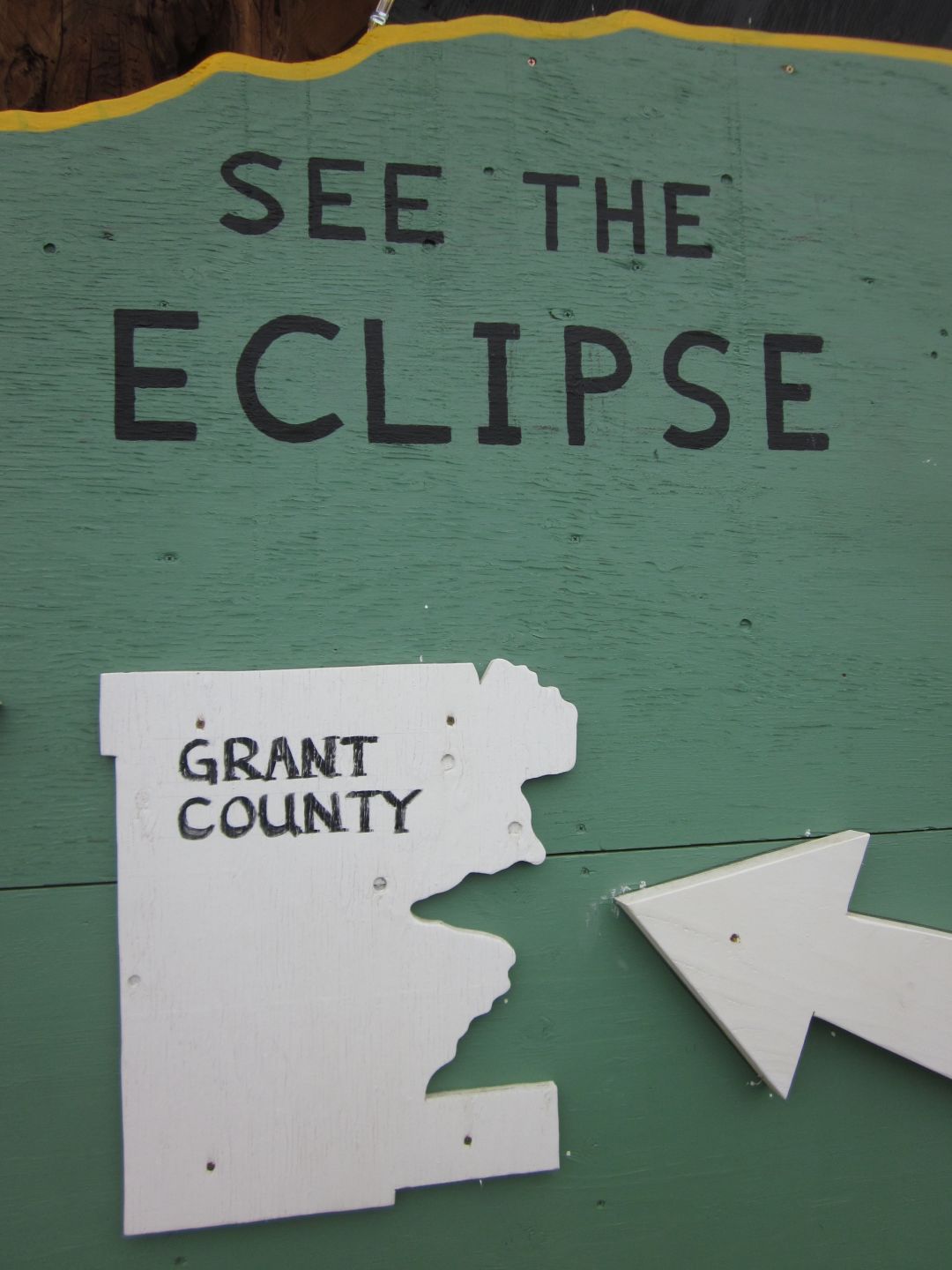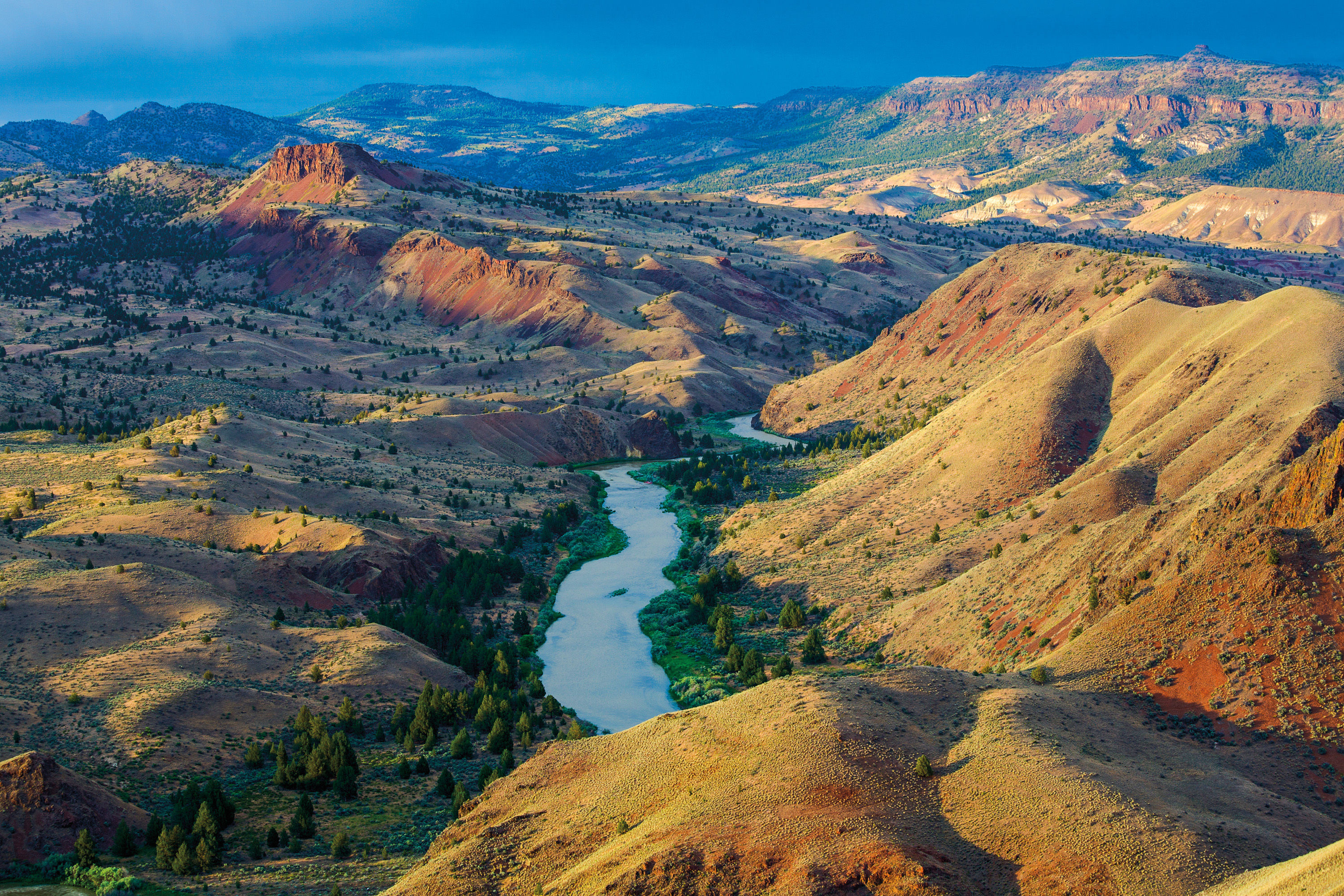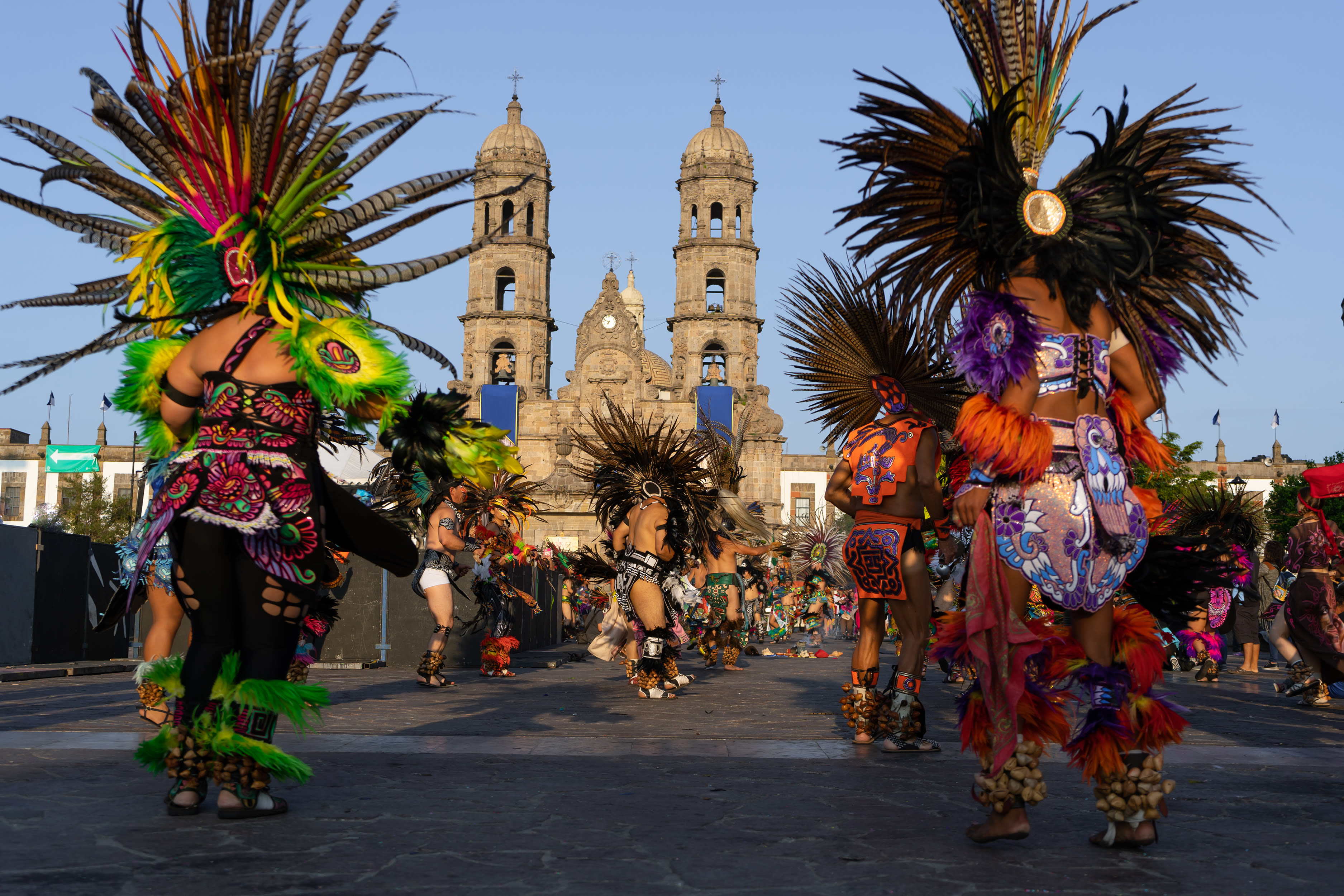Camp in a National Monument for the Eclipse? Yes, We Can!

Image: Margaret Seiler
Who gets to sleep within the John Day Fossil Beds National Monument? Badgers. Beavers. Frogs. The many fossilized flora and fauna for which this geologic treasure trove is a final resting place. And, this summer, just maybe, you.
“We don’t normally allow campers in the park,” says John Day volunteer coordinator and park ranger Megan Wilkins. But in exchange for a week’s work commitment (August 16–22) to help the park with an influx of eclipse-related visitors, a lucky few can bring their own tent or small RV for what Wilkins calls a once-in-a-lifetime opportunity, albeit one with a lot of hard work.
The path of August’s total solar eclipse includes other spots administered by the National Park Service, places expected to have far more visitors than the fossil beds lying a good four-hour drive southeast of Portland. But a lot of them—including national parks like Grand Teton and the Great Smoky Mountains—have larger staffs and existing camping infrastructure. Compared to those other parks, Wilkins says, John Day will have “a bigger percentage bump over what we would normally have.” A busy holiday-weekend Saturday over the summer might draw 1,000 or 1,200 visitors. For the eclipse, it might be 50,000.

Image: Margaret Seiler
In addition to bringing in staff from other parks and an incident management team, the John Day Fossil Beds National Monument is accepting applications for 19 volunteers. They might help set up parking and viewing areas, direct traffic, and help clean up when the shadow has passed and the masses have moved on.
Wilkins already has a few volunteers confirmed, and is checking references for other hopefuls. Outdoor skills and event volunteer experience can be helpful, she says, but above all, volunteers need to be capable and flexible, ready to take on whatever the incident management team throws at them. “We’re looking for folks who can just roll with what’s going on and help out wherever we need help,” Wilkins says. Most of the work will be outdoors, and Wilkins anticipates that on the morning of the 21st, volunteers will be able to pause for a few minutes and experience the otherworldly darkness of the eclipse with the rest of the crowd.
If you think you have what it takes—and you want to camp in a normally verboten, geologically fascinating environment for a week in August—go ahead and send the nice rangers an e-mail at [email protected].




